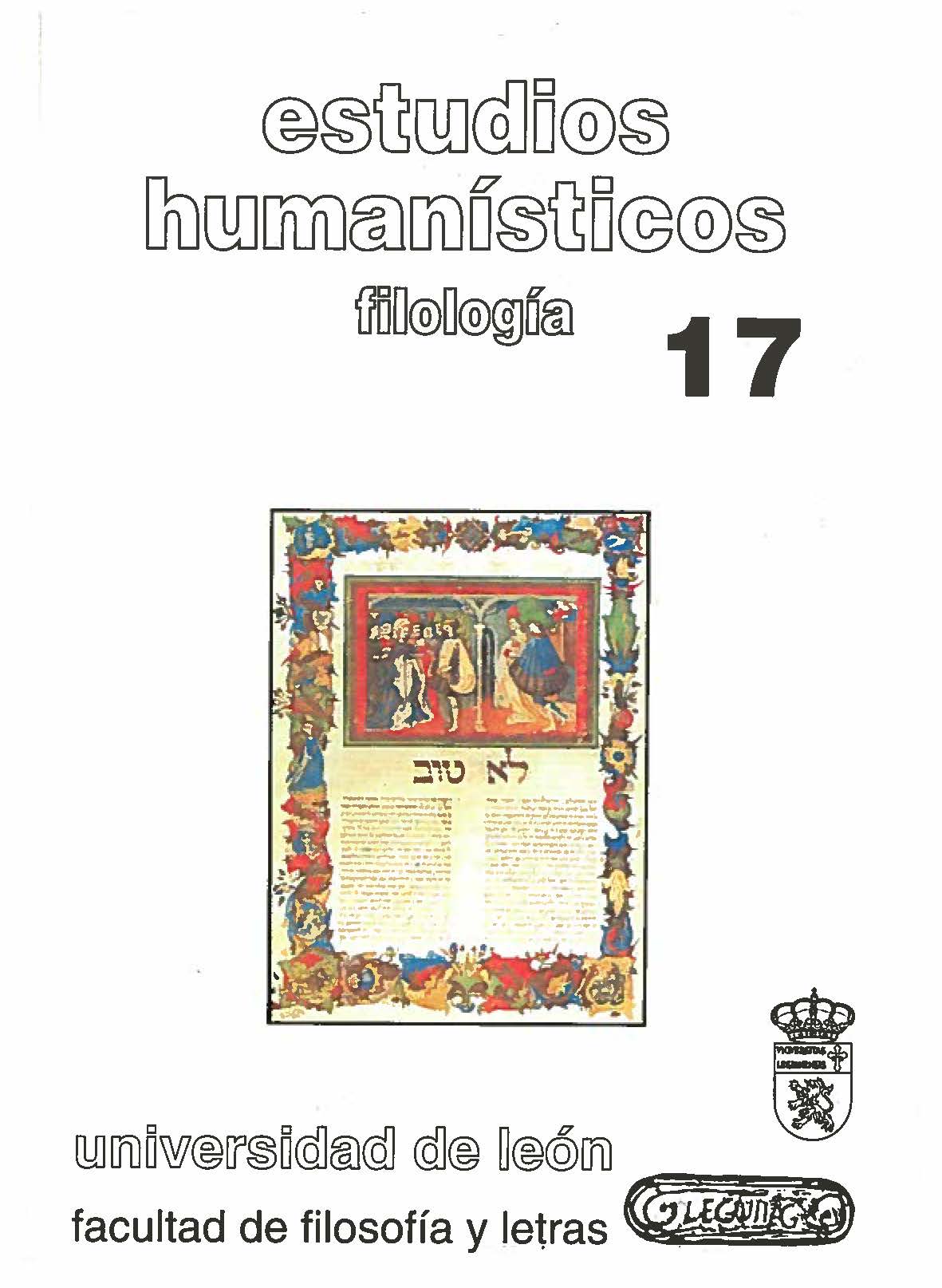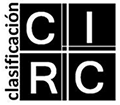Satire and trhought in fear and loathing in Las Vegas
DOI:
https://doi.org/10.18002/ehf.v0i17.4110Resumo
El estudio de esta novela satírica de Hunter S. Thompson se ha hecho siguiendo el método neo-Aristotélico de análisis con el objectivo de descubrir la forma en que la acción, el personaje y su modo de pensar funcionan como vehículos de expresión de la crítica social de Thompson. El principal objeto de esta sátira es la sociedad americana, y especialmente la capacidad de ésta para creer en la visión idílica que contiene el mito del sueño americano. El texto es también una parodia del mito de Horatio Alger. El análisis de la historia nos lleva a la conclusión de que el hilo de la acción y el personaje están subordinados al pensamiento y que es este último el - elemento esencial del ataque satírico que Thompson hace de la sociedad americana de los años 60.
This investigation employs a neo-Aristotelian method of plot inquiry in its analysis of Hunter S. Thompson's satiric novel, Fear and Loathing in Las Vegas, in order to illuminate the ways in which action, character, and thought fuction in expressing Thompson's social criticism. American society is the primary object of the satine, especially its capacity to believe in the idyllic vision contained in the myth of the American dream. The text is also a parody of the myth of Horatio Alger. The plot inquiry concludes that the plots of action and character are subordinate to the plot of thought, which is seen here as the essential element in Thompson's satiric attack upon American society at the end of the 1960s.
Downloads
Métricas alternativas
Downloads
Publicado
Como Citar
Edição
Secção
Licença
Direitos de Autor (c) 1995 Daniel Fyfe

Este trabalho encontra-se publicado com a Licença Internacional Creative Commons Atribuição-NãoComercial-CompartilhaIgual 4.0.
Los autores o autoras que publican en esta revista están de acuerdo con los siguientes términos:
- Los autores o autoras conservan los derechos de autoría de su trabajo y ceden de forma no exclusiva los derechos de explotación (reproducción, distribución, comunicación pública, transformación) a la Universidad de León, por lo que pueden establecer, por separado, acuerdos adicionales para la distribución no exclusiva de la versión de la obra publicada en la revista (por ejemplo, alojarlo en un repositorio institucional o publicarlo en un libro), con un reconocimiento de su publicación inicial en esta revista.
- Este trabajo se encuentra bajo la Creative Commons Attribution-NonCommercial-ShareAlike 4.0 International License. Puede consultarse desde aquí la versión informativa y el texto legal de la licencia.
- Se permite y se anima a los autores y autoras a difundir electrónicamente las versiones pre-print (versión antes de ser evaluada) y/o post-print (versión evaluada y aceptada para su publicación) de sus obras antes de su publicación, ya que favorece su circulación y difusión más temprana y con ello un posible aumento en su citación y alcance entre la comunidad académica.











